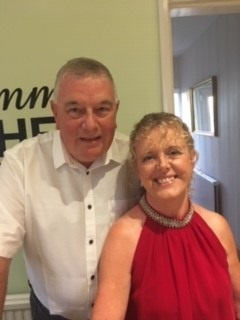
Kathy Simms, from Crewe, has shared her story with the UK charity Action for M.E., after she was diagnosed with M.E. in 2019.
Imagine the isolation you’ve been living with became your new normal. You’re unable to meet a friend for coffee, go to your favourite restaurant or travel on holiday. Your job becomes uncertain, and you live your life on permanent lockdown.
This is what life is like for many of the 4,193 adults, children and young people in Cheshire living with the serious neurological condition, Myalgic Encephalomyelitis (M.E.).
Kathy Simms, 58, from Wistaston, Crewe, has shared her story with UK charity Action for M.E. She was diagnosed with M.E. in September 2019 by which time she had become pretty much housebound. Kathy has recently been approved for medical retirement from her job as business manager at a large primary school in Stoke-on-Trent.
“I was a very social and active person, I have two grown up daughters and a three-year-old grandson, and I’ve always worked. I love my job in a school and the difference I can make by doing a good job. Giving up work has been the most difficult decision, I feel I’m too young to retire and still have a lot to give, I just don’t have the energy or the physical or cognitive ability to work now.”
M.E. affects people’s bodies and brains ability to recover normally after any activity, physical and mental, and however small. On top of the significant daily challenges this presents fluctuating condition presents, much of the support and services people with M.E. in Cheshire have come to rely on – such as supermarket deliveries or carers providing personal care – have disappeared overnight.
“We have been contacted by people with M.E. in truly desperate situations,” explains Sonya Chowdhury, Chief Executive, Action for M.E. “So we set up our new Crisis, Support and Advocacy Service to meet this urgent need, sourcing practical local assistance such as help with shopping and picking-up medications, connecting people with peer-support, and advising on the ongoing changes to welfare benefits.
“So far, we have seen a three-fold increase in requests for urgent support – all at a time when our income is expected to drop by at least 50%. Like many other organisations and charities, we made the difficult decision to furlough several staff. We are continuing to make critical decisions to ensure we are here for people with M.E., now and in the future.”
For M.E. Awareness Month throughout May, the charity is encouraging people with M.E. to share their insight and experience when it comes to living with uncertainty and isolation, with the aim of shining a spotlight on this hidden condition.
Kathy said she was managing to cope through lockdown: “We were already having food deliveries from a supermarket and I don’t go out very much anyway. Life hasn’t been too difficult for us. We’re very lucky to have lots of support from family and friends.
“I posted a message on Facebook at the very beginning of lockdown telling family and friends how I had coped with nearly six months of being at home all the time and lots of positive ways to deal with it. I continue with that positivity and try to message, ring or FaceTime as much as possible to reach as many friends and family so we can all get through this together.”
Anyone living with or caring for someone with M.E., of any age, can contact Action for M.E.’s Crisis, Support and Advocacy Service by email at questions@actionforme.org.uk or call on 0117 927 9551.
Action for M.E. takes action to end the ignorance, injustice and neglect faced by people with the chronic, neurological condition Myalgic Encephalomyelitis (M.E., sometimes diagnosed as chronic fatigue syndrome or CFS/M.E.). We are the only UK charity to support people M.E. of all ages.
Alongside providing targeted information, support and advice to children, young people and adults with M.E., we offer peer-support services that reduce the isolation that so often comes with M.E. We work closely with professionals and policy-makers to improve access to appropriate care and support services, and collaborate with scientists, patients and clinicians to move biomedical research forward, including funding PhD studentships.
Children, young people and adults with M.E. experience severe, persistent fatigue associated with post-exertional malaise, the body and brain’s inability to recover after expending even small amounts of physical and mental energy, leading to a flare-up in symptoms. Commonly these include chronic pain, sleep disturbance, cognitive difficulties, digestive problems, sensitivity to light and sound; inflammation and autonomic dysfunction.
Because we don’t yet understand the biology of M.E., there are no targeted treatments that work for the majority. This differentiates M.E. from other conditions where better understood biomarkers can offer clearer treatment pathways and protocols. Action for M.E. does not recommend any individual treatments or management approaches. Instead, it offers key information to support informed decision-making.
Key statistics:
- M.E. affects an estimated 250,000 people in the UK, including around 20,000 in Scotland, and around 35 million people worldwide.
- One in four people with M.E. is so severely affected that they remain house and/or bed-bound, unable even to tolerate being touched by their loved ones.
- Adults with M.E. are six times more likely to die by suicide than the general population.
- M.E. is the most common cause of health-related long-term school absence and has a profoundly disruptive effect on children's ability to socialise and perform at school.
- M.E. cost the UK economy at least £3.3 billion each year; this figure accounts for healthcare costs, disability-related welfare payments, productivity losses and unpaid informal care.
- Yet research funding into the condition represents less than 1% of all active grants given by UK mainstream funding agencies.
- Action for M.E. is supporting a funding application by the M.E./CFS Biomedical Partnership in early 2020 for what will be the world’s largest genetic study into M.E.
Pictured - Kathy Simms celebrating her 35th wedding anniversary, in September 2019, the same month as she was diagnosed with M.E. “I’d saved all my energy up for this special event and had a great time, but never made it to work on the following week.”


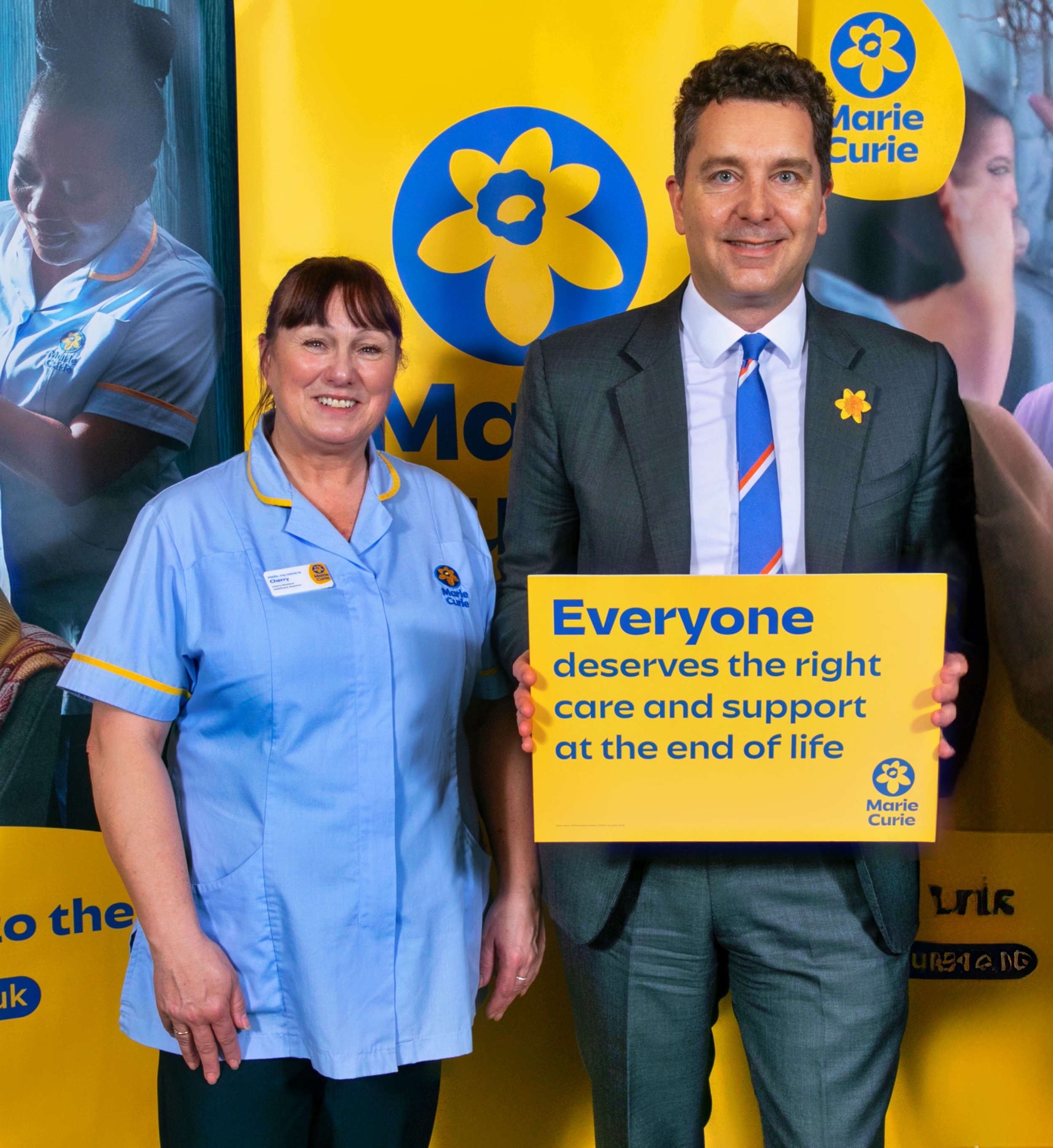 LOCAL MP CALLS FOR URGENT ACTION TO ADDRESS HOSPICE FUNDING INEQUALITY
LOCAL MP CALLS FOR URGENT ACTION TO ADDRESS HOSPICE FUNDING INEQUALITY
 Appeal for witnesses following collision in Crewe
Appeal for witnesses following collision in Crewe
 North West rail improvements planned this May Bank Holiday
North West rail improvements planned this May Bank Holiday
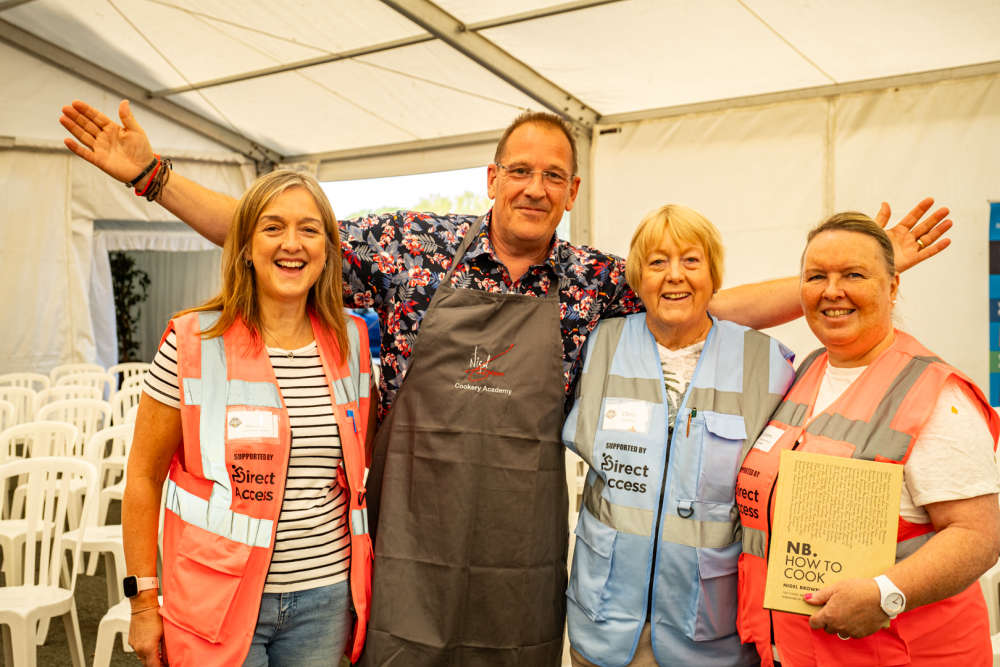 Nantwich Food Festival invites new volunteers to special event
Nantwich Food Festival invites new volunteers to special event
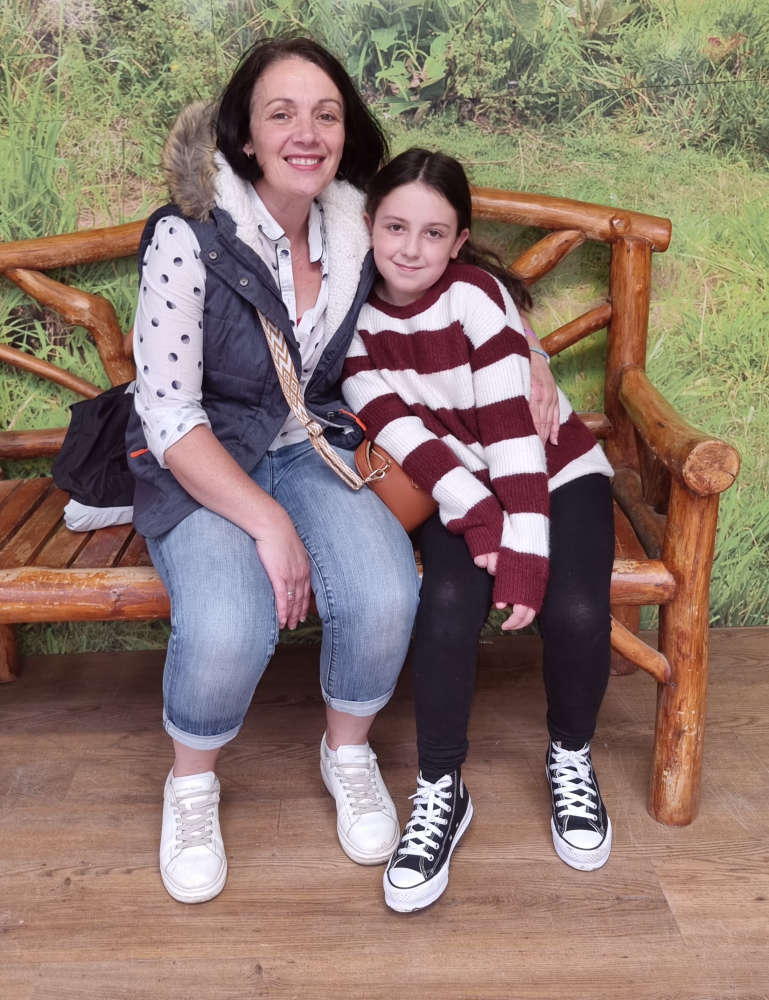 Poppy dresses like her NHS receptionist mum for hero-themed fundraiser
Poppy dresses like her NHS receptionist mum for hero-themed fundraiser
 Woman charged following assault in Crewe
Woman charged following assault in Crewe
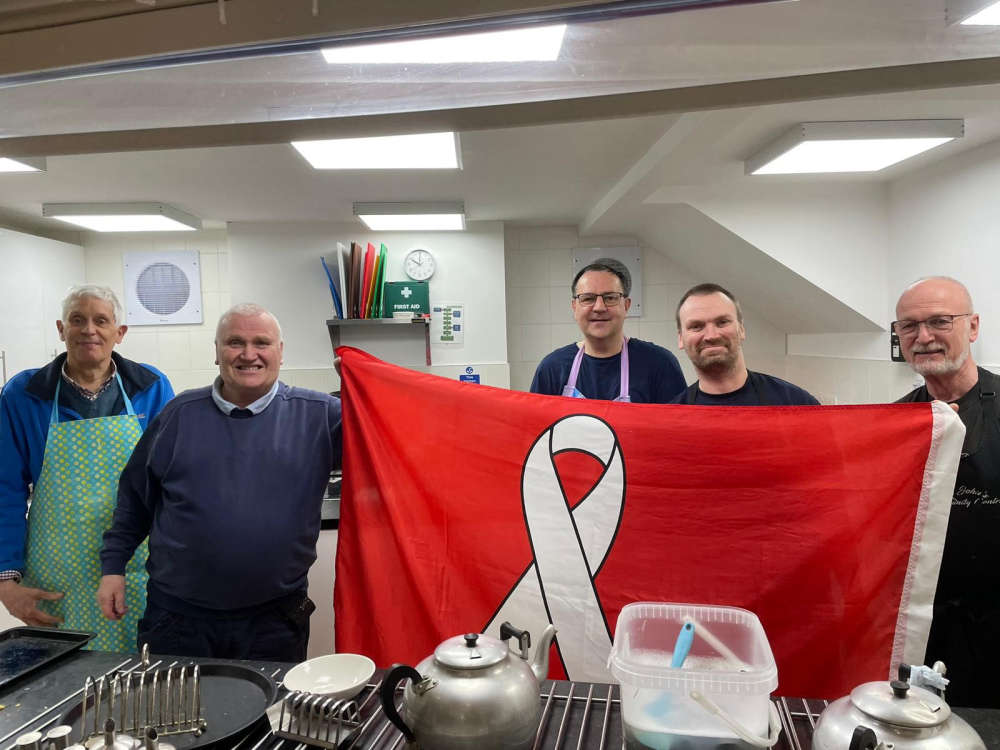 White Ribbon Talk at Breakfast Group
White Ribbon Talk at Breakfast Group
 Prolific offender ordered to adhere to three-year Criminal Behaviour Order
Prolific offender ordered to adhere to three-year Criminal Behaviour Order
 Cheshire firefighters to deliver vital vehicles and equipment for Ukrainian firefighters
Cheshire firefighters to deliver vital vehicles and equipment for Ukrainian firefighters
 Winsford man jailed for county lines drug dealing
Winsford man jailed for county lines drug dealing
 Man jailed after sharing intimate and private images of woman
Man jailed after sharing intimate and private images of woman
 Cheshire man jailed after threatening to kill judge and prison governors
Cheshire man jailed after threatening to kill judge and prison governors
 Keep in the picture and have your say on 2nd May
Keep in the picture and have your say on 2nd May
 MP Calls On Council To Re-Think Poynton Pool Plans
MP Calls On Council To Re-Think Poynton Pool Plans


Comments
Add a comment